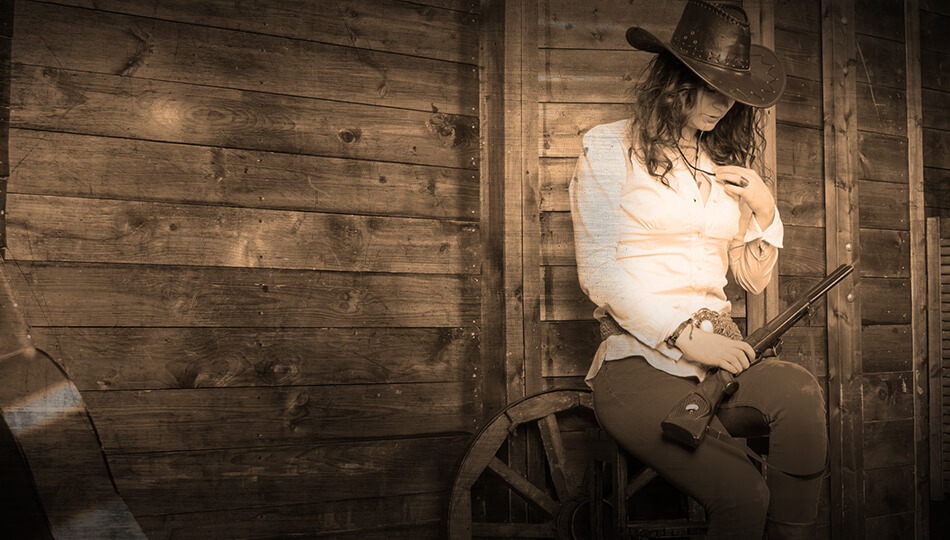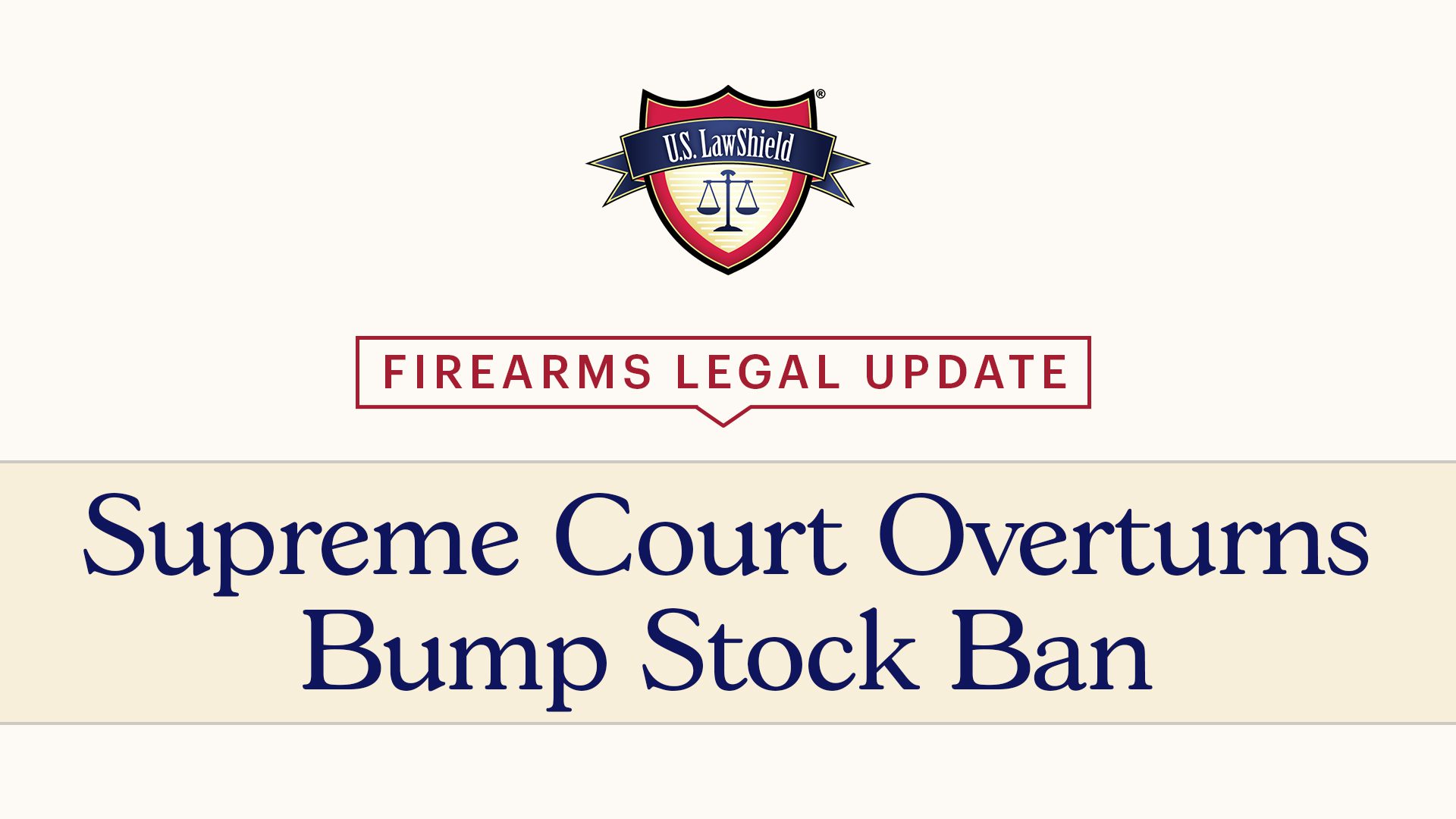Emily Taylor: U.S. LawShield Emergency Hotline, this is Independent Program Attorney Emily Taylor. What’s your emergency?
Mary: The police have just arrested my husband and are taking him away. All he did was call them last week to report his gun was stolen, and they came here tonight and treated him like a criminal and arrested him.
He told me to get our U.S. LawShield membership card and give you a call right away.
Emily Taylor: I’m sorry this is happening. Can I get your name, your husband’s name, and your member number?
Mary: I’m Mary Williams, my husband is Jeffrey Williams, and his member number is U.S.1234592.
Emily Taylor: Mary, rest assured we are here to help.
Mary: How can this happen? I don’t understand what he did wrong.
Emily Taylor: When you report your gun stolen, the authorities will look into the theft, but they’ll likely investigate you as well. If they find anything that could be construed negatively, you could find yourself facing charges you never would have dealt with otherwise.
Mary: Wow, that seems really unfair. Are you saying we shouldn’t have reported the gun stolen?
Emily Taylor: Not at all. If your gun is ever lost or stolen, you absolutely should report it. In fact, in some states it’s a serious crime if you don’t.
Some states have laws that require reporting lost or stolen guns, and laws that specify how to store your gun in different situations.
Even in places without those laws, depending upon the attitudes of local officials or even specific police personnel, gun owners are often treated with suspicion.
So, when you call the police to report a firearm lost or stolen, the police may be investigating you at the same time they are taking your report.
Regardless of where you live, a lost or stolen gun can come back to haunt you; especially if the gun is later retrieved at a crime scene. Law enforcement will trace the gun back to its original owner, who then may become the prime suspect.
Mary: What should he have done?
Emily Taylor: Unlike in cases of self-defense, do NOT rush to call 911 first. Your first call should be to your lawyer. They’ll be fully aware of the traps and tripwires you’ll likely face and give you crucial advice on how best to handle reporting the theft. And more importantly, how to be prepared to answer the officer’s inevitable follow-up questions.
Mary: So we don’t accidentally say or do something that could get us into trouble…?
Emily Taylor: Exactly right. Mary, in the many years I’ve been defending U.S. LawShield members, I have seen many well-intentioned gun owners have their lives destroyed because they didn’t take the time to reach out to their attorney before talking to the authorities in cases like this. Don’t let that happen to you. Truly, it can be the difference between freedom and a jail cell.
Mary: I am so thankful we have U.S. LawShield to protect us.
Emily Taylor: Okay, let me get some more information from you about where they took your husband so that we can get on it right away.
Kirk Evans, President of U.S. LawShield: The call dramatization you just witnessed represents true events, which happen all too often. Hundreds of thousands of guns are stolen every single year, with many of them turning up at grisly crime scenes. When there’s no obvious culprit, the gun’s original owner quickly becomes a person of interest.
I’m Kirk Evans, President of U.S. LawShield. If you’re ever the victim of gun theft, we want you protected, which is exactly why we created Gunowner Identity Theft Coverage; so you can have the peace of mind knowing that you’ll have an Independent Program Attorney ready to jump to your defense when you need it. Our coverage goes beyond simply defending you against these wrongful criminal charges, but also helps clear up your name and record from government files that may prevent you from ever buying or possessing a gun in the future.
Simply click here to add this vital coverage to your U.S. LawShield Membership today.
The information provided in this presentation is intended to provide general information to individuals and is not legal advice. The information included in this publication may not be quoted or referred to in any other publication without the prior written consent of U.S. LawShield, to be given or withheld at our discretion. The information is not a substitute for, and does not replace the advice or representation of a licensed attorney. We strive to ensure the information included in this publication is accurate and current, however, no claim is made to the accuracy of the information and we are not responsible for any consequences that may result from the use of information in this publication. The use of this publication does not create an attorney-client relationship between U.S. LawShield, any independent program attorney, and any individual.





Are their more details available as to why her husband was arrested?